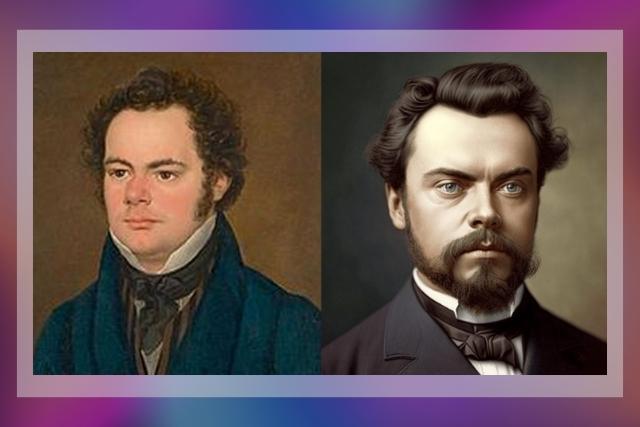Music in Beautiful Spaces: Schubert and Dvořák Presented by South Beach Chamber Ensemble - Coral Gables Museum

Music in Beautiful Spaces: Schubert and Dvořák Presented by South Beach Chamber Ensemble - Coral Gables Museum
All Concerts are Free for Students
Schubert String Quartet #13 in A minor (Rosamunde) (1824) and Dvořák String Quartet #12 in F major, Op. 96 (American) (1893)
Franz Peter Schubert (1797-1828) was an Austrian composer of the late Classical and early Romantic eras. Despite his short life, Schubert left behind a vast body of work, including more than 600 Lieder and other vocal works, seven complete symphonies, sacred music, operas, incidental music, and a large body of piano and chamber music. The String Quartet #13 in A minor, D. 804, nicknamed “Rosamunde,” is a late chamber work composed during a period of illness, characterized by its deep pathos, blending “hopeful yearning” with “despair” and “melancholic yearning”.
Antonín Leopold Dvořák (1841-1904) was a Czech composer. He frequently employed rhythms and other aspects of the folk music of Moravia and his native Bohemia, following the Romantic-era nationalist example of his predecessor Bedřich Smetana. Dvořák’s style has been described as “the fullest recreation of a national idiom with that of the symphonic tradition, absorbing folk influences and finding effective ways of using them,” and Dvořák has been described as “arguably the most versatile… composer of his time”. The American Quartet was written during Dvořák’s time in the United States. It is one of the most popular in the chamber music repertoire.
